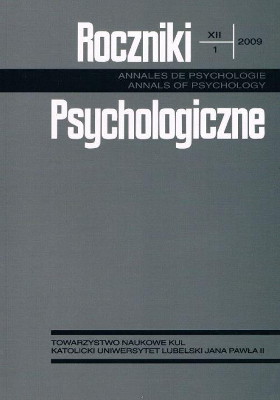Suicide, Assisted Suicide and Euthanasia: When People Choose to Die, Does It Matter What We Call It?
Abstract
In this article, I raise some questions about two human phenomena—suicide and euthanasia, in which people choose to die, and take steps to arrange their deaths. I am concerned with these phenomena at three levels:
- With the language that we use to describe and talk about them.
- With the ways in which the words we use impact on how we relate to those who wish for death or who act in ways that suggest that they do, even if they don’t.
- With some ethical issues that arise in relation to them.
I begin with a discussion of the impoverished language and conceptual landscape of suicide and suicidal self harm, and suggest that this poverty of language is unhelpful, because it frequently leads to the mislabelling of deliberate self-harming and apparently self-harming acts. Through discussion of some problems with the current language, and of some real and hypothetical stories about suicide and acts that resemble suicide, but are distinct from it, I introduce some new ways of thinking about and labelling these most distressing of human phenomena. Later, I turn to the way in which the term ‘assisted suicide’ has begun to be used to label ‘arranged deaths’ that are more properly referred to as ‘euthanasia’. Nowadays, in many countries, including mine, more and more people not only want to have the opportunity to decide on the time of their dying, but want to arrange their deaths with the blessing of the legal system. The wishes of these people are important, because they concern the balance between life and death; between suffering and release; between care and its lack; between the public good and the private will, and between liberty and constraint. Most discussions of ‘assisted suicide’ and euthanasia focus on particular cases in which people wish to die, or on the way in which ‘arranged deaths’— whatever we call them—are viewed and treated legally in different countries. By contrast, I say a little about the reasons for the growing popularity of the term ‘assisted suicide’. En route I try to answer the question ‘When people choose to die, does it matter what we call it?’ I end with some comments about suicide, euthanasia and human dignity.
References
BBC News (2002) ‘Diane Pretty dies’, http://news.bbc.co.uk/1/hi/health/1983457.stm (Accessed 7 September, 2007)
BBC News (2003a) ‘Briton’s assisted suicide goes ahead’, http://news.bbc.co.uk/1/hi/england/2674429.stm, (Accessed 7 September, 2007)
BBC News (2003b) ‘UK couple die at suicide clinic’, http://news.bbc.co.uk/1/hi/uk/2948365.stm, (Accessed 7 September, 2007)
BBC News (2006) ‘Clinic assists doctor's suicide’, http://news.bbc.co.uk/1/hi/health/4625538.stm, (Accessed 7 September, 2007)
BBC News (2008) ‘Q & A: Assisted suicide ruling’, http://news.bbc.co.uk/2/hi/health/7697461.stm (Accessed 3 December, 2008)
Fairbairn, G. J. (1991) 'Enforced Death: Enforced Life', Journal of Medical Ethics, Vol 17, No3, 144-50.
Fairbairn, G. J. (1995) Contemplating Suicide: The language and ethics of self-harm, Routledge, London.
Hill, K. (1995) The Long Sleep: Young People and Suicide Virago, London.
Kreitman, N. (ed) (1977) Parasuicide, John Wiley, London.
Lee, L. (2002) Cider with Rosie, Vintage, London.
Lester, D. (1990) ‘A Classification of Acts of Attempted Suicide’, Perceptual and Motor Skills, Vol 70, No. 3, 1245-6
Mair, J. M. M. (1992) Personal communication.
Marr, N. and Field, T. (2001) Bullycide: death at playtime, Success Unlimited, Didcot.
O’Connor, R. C. and Sheehy, N. (2001) ‘Suicidal Behaviour’, The Psychologist, Vol 14, No. 1, 20-24.
Suicide Act (1961)
Wertheimer, A. (1991) A Special Scar: The Experiences of People Bereaved by Suicide Rout- ledge, London.
Wilkinson, E. (2008) ‘It is a desperately sad case’, BBC News, http://news.bbc.co.uk/2/hi/health/7676813.stm, (Accessed 3 December, 2008).
Copyright (c) 2009 Roczniki Psychologiczne

This work is licensed under a Creative Commons Attribution-NonCommercial-NoDerivatives 4.0 International License.


